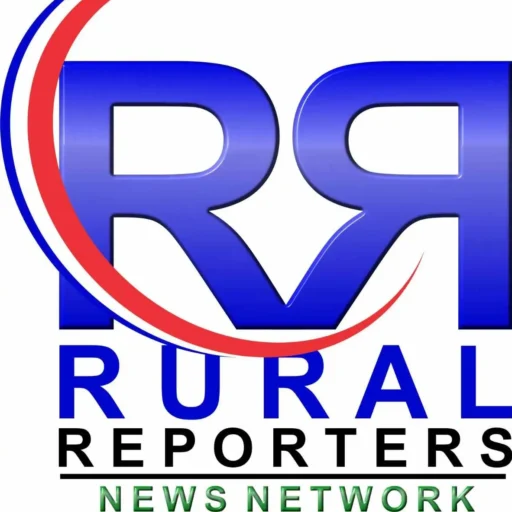May 3, 2025
TODAY, journalists in all parts of the world celebrate the basic principles of press freedom, which includes the right of journalists and news organizations to publish information, opinions, and ideas without government interference or censorship. Press Freedom essentially means the ability to report news and express opinions freely without fear of being controlled or punished by the government.
The Independent Information Commission extends heartfelt greetings and congratulations to the PRESS UNION OF LIBERIA on the occasion of the celebration of World Press Freedom Day in Liberia.
Often discussed as a side note to freedom of expression, press freedom is in fact important in itself. First and foremost, it is a right, protected within global human rights treaties. Freedoms of expression and access to information for the media are not just functionally important, but are also an issue of hard, legally binding international obligations for Liberia. This is so because legal instruments such as the Freedom of Information Act of 2010 and Kamara A. Kamara Press Freedom Act of 2019 have both recognized the key importance of press freedom and access to information for all types of media.
The free press fulfills several vital political and social functions, and has access to a mass audience. As a result, it is central to the relationship between governing authorities and the people. All governments, even liberal democratic ones, are interested in sustaining their power, and independent media have the potential to check that power. Indeed, the institution of a free press is the greatest safeguard the public has against government abuses, and for ensuring that the public receives the information it needs in order to hold governments to account. It is important that each individual is able to speak his or her mind online and offline. What is equally important, however, is that journalists are allowed to use their channels of mass communication freely to reach the wider public, serving as an institution that has the power to ensure that the government continues to work for the people. But let’s be reminded that like freedom of expression carries duties and responsibilities which includes avoiding to incite violence or hatred, freedom of the press equally carries responsibilities which includes accuracy, fairness, and avoiding harmful content like defamation or incitement.
Media scholars have submitted that a free press is even more of a necessity for functioning democratic societies in the digital information age. It has become apparent that the availability of information does not automatically increase the number of informed citizens. Trained reporters and reputable journalists are needed to make sense of the information that is released every day. This is because trained reporters and journalists have the ability to verify, filter, and put information into context. As information and communication technology and people’s interaction with and use of it is evolving and more actors are learning to exploit it, appreciation for the important functions journalists provide in democratic societies is on the rise again.
Sustaining Independent Journalism and Press Freedom in the Digital Age will firstly require government and public official adhering to legal frameworks such as the Freedom of Information Laws of Liberia and the Kamara A. Kamara Press Freedom Act of 2019, and encouraging accountability and transparency in online platforms and media ecosystems are essential to sustaining press freedom in the digital era. This entails protecting online freedom of speech, and promoting media literacy to counteract misinformation.
Media literacy campaigns are crucial component of a strategy to prepare the public for changes in the information system and stop malicious actors from using the digital media and information consumers to spread false information. It is important, however, that these campaigns do not just explain how to interpret information and sources. They should also educate citizens about the vital democratic role that the free press and high-quality journalism play in society to continue to assure public confidence in journalists and the media as a democratic institution.
Sustaining press freedom in the digital era will first depend on continuous investment in media development initiatives that supports capacity building of independent journalism and other programs aimed at fostering press freedom. Journalists and the general public should be educated about how to identify and critically evaluate information, especially in the digital space. With the shutdown of InterNews, and limited availability of funding to support media development, we encourage the Press Union to become aggressive and innovative in scouting alternative sources and also call on the government of Liberia to forge collaboration with the PUL in supporting its programs geared towards media development.
~The End~




1 Comment
Can you be more specific about the content of your article? After reading it, I still have some doubts. Hope you can help me.